This article first appeared in The Alt on February 7, 2017.
Photo of Ariel Robinson by Thom Williams
As a little girl Dale Davidson, owner of Umana Restaurant and Wine Bar in Albany, was offered a special incentive for passing proficiency exams in her native Guyana. Do well, her parents told her, and they would send her to Albany to visit her aunt who was head nurse at Albany Medical Center at the time. Davidson placed in the top percentile of test takers and as a result she got to visit the enchanting world of upstate New York.
Decades later Davidson was working for an asset management firm in Manhattan, and her friends regularly made trips to Saratoga. Albany was suddenly again on her radar.
Umana’s menu is an eclectic mix of street fare, that is both fancy and familiar—Egyptian Lo Mein, Peri-Peri shrimp, plantains and paella and more recently they’ve introduced Ethiopian cuisine—a popular move that has drawn in a new crowd. All of it is a reflection of Davidson’s travels and her desire to reflect diversity and community.
“I made a plan that I would enter a new life by the time I was 35,” Davidson says. “In order to do that I had to prepare for that years in advance,” she says laughing. “In my country the primary investment for most people is you own your own land, your own home, even if you build a shed on that land. The village that my mother came from was purchased by two gentleman who were my mother’s great-grandfathers. They bought it after slavery was abolished, so that is what I saw as my example, and I thought of how could I do this here?”
The answer was to return to Albany and invest in property. After a few years of struggling with management and other issues she realized she was missing a connection to her new community.
“In order for me to stay here in the community I had to feel more included,” says Davidson. “I had to see references to what made me open as a person and coming from a country with six [cultures] it demanded I have a more diverse experience here. So how do you get what you want? The best way often times is to create it. I had a background, I had the travel and this is how Umana came about. If I needed it so badly I figure there must be others like me.”
She and a number of friends and business partners began working on transforming 236 Washington Ave. in Albany, which previously housed a furrier, into a comfortable spot for a restaurant. Davidson recruited local chefs to help her build a menu that represents street fare from around the world, and upon opening she found that the area is full of kindred spirits.
“There was a lot of concern by many people initially that we were located right off of Lark Street but I said ‘I’m not scared! I’ve traveled a lot and these people are not scary to me!’ I was confident we were something worth turning the corner for.”
One of the kindred spirits was Ariel Robinson. She began frequenting the restaurant soon after it opened; it became a comfortable hangout.
“I worked in banking at the time, I had a whole other life,” says Robinson. “I’d been in the area for awhile but I had never found a spot or food I liked. I’d sit at the bar with plantains and a glass of wine and knit. It just felt really comfortable.” She told Dale if she ever needed help she’d be happy to help. Eventually the call came and Robinson is now a critical employee. “She had her wedding here!” Davidson interjects. “What I love about this place is everybody is comfortable. You can come in on a date dressed to the nines or be like me and come in and sit at the bar in your pajamas,” said Davidson.
Davidson continues to build partnerships in the community—she sources her food from Soulfire Farms, a social justice minded farm that trains black, Latino and indigenous people in farming. She trades soups with Crisan Cafe at the Albany Institute of History & Art for brioche buns for her burgers. When she decided to pursue serving Ethiopian cuisine she knew she had to have the right Injera bread, and for that she would need the right ingredients. “It was the time of Ramadan and I thought ‘We have no Ethiopian food!’ The key is good Injera. So I went to a mosque because there must be someone at the mosque from Ethiopia or Somalia. And I found someone. This is what has been happening.”
On a quiet Sunday morning my wife and I bring our three-year old daughter to Umana for brunch. We considered that a 3-year-old might be too much for the place. At first glance it seems ornamental, fragile and gorgeous.
We nosh over some plantains while agonizing over what we’ll try. The bar is home to a gaggle of folks in their pajamas nursing coffees. In the wide open back dining room there is a large family back from church. They’re finishing their meals, their young children play happily. Our daughter giggles and hides her face from them. She points, “Llook mommy!” Children her age, she’s making friends.
The husband, well dressed and handsome thanks his server. She thanks him for fixing one of their chairs. A young well-dressed couple, separated from us by a partition, in an entirely different world, order mimosas laugh and commiserate. Its warm, the chairs deceptively enveloping. This place isn’t just for show, it has a soul. It feels like home.

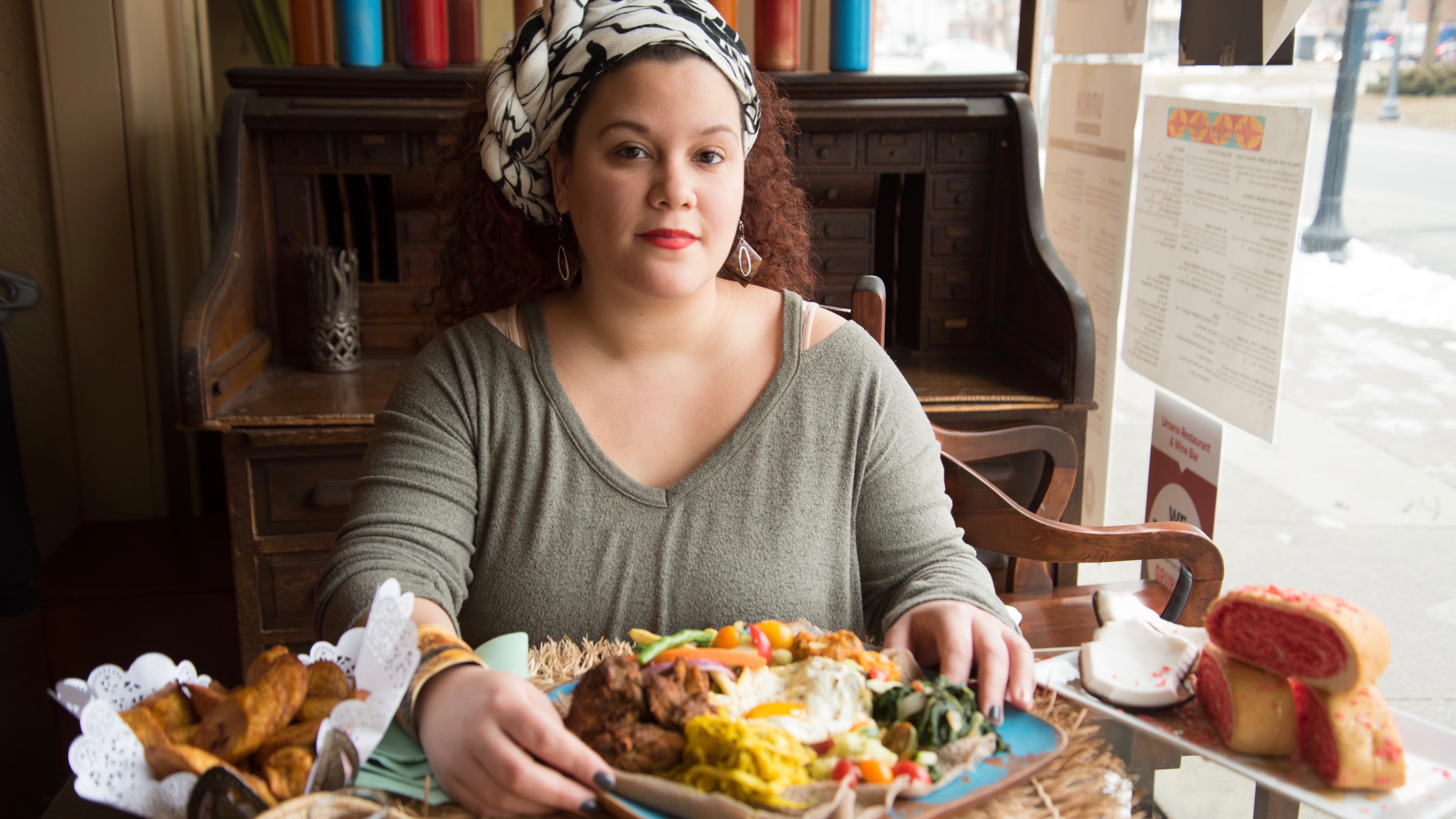
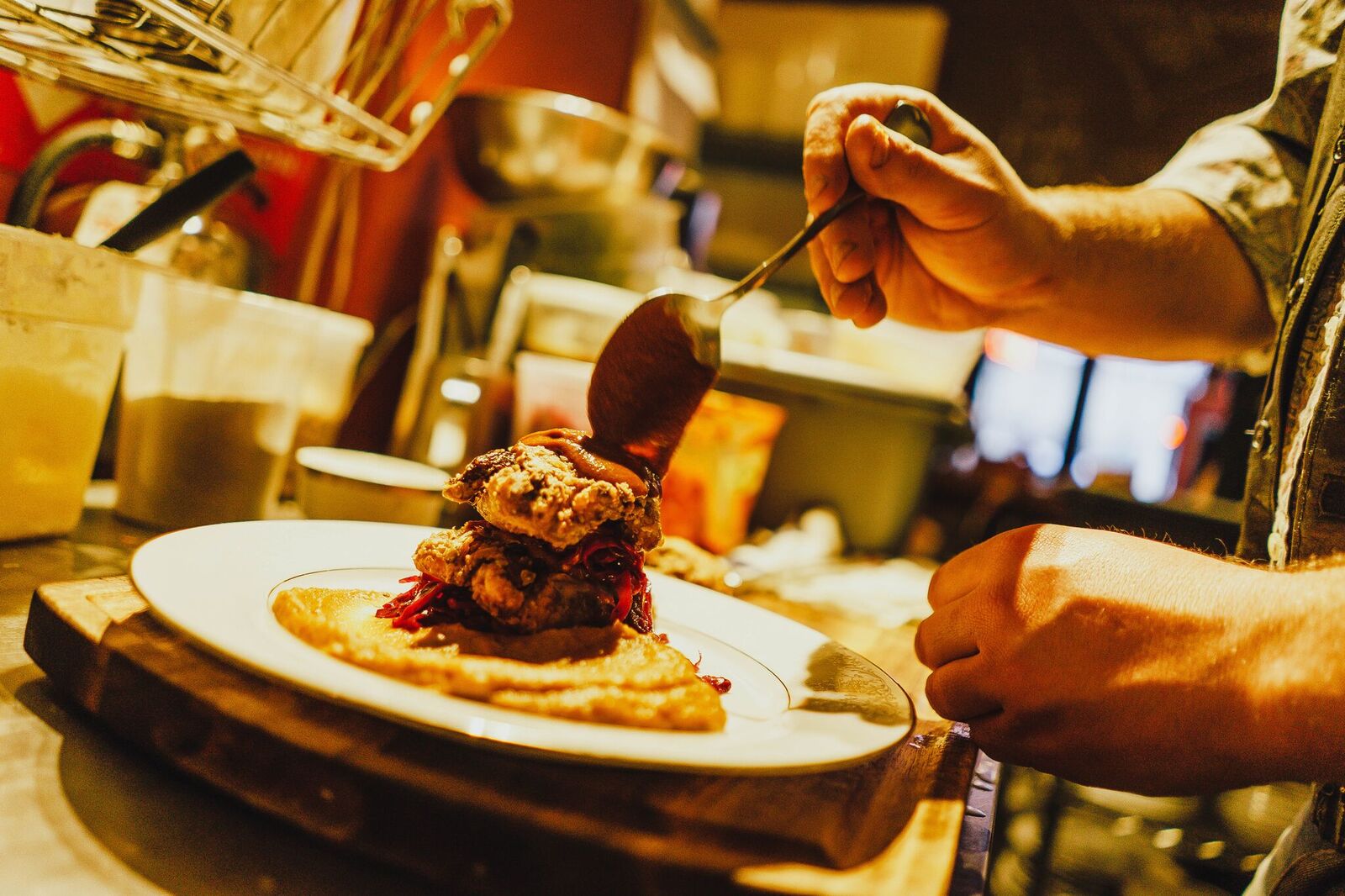
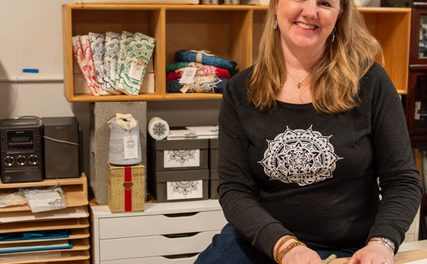
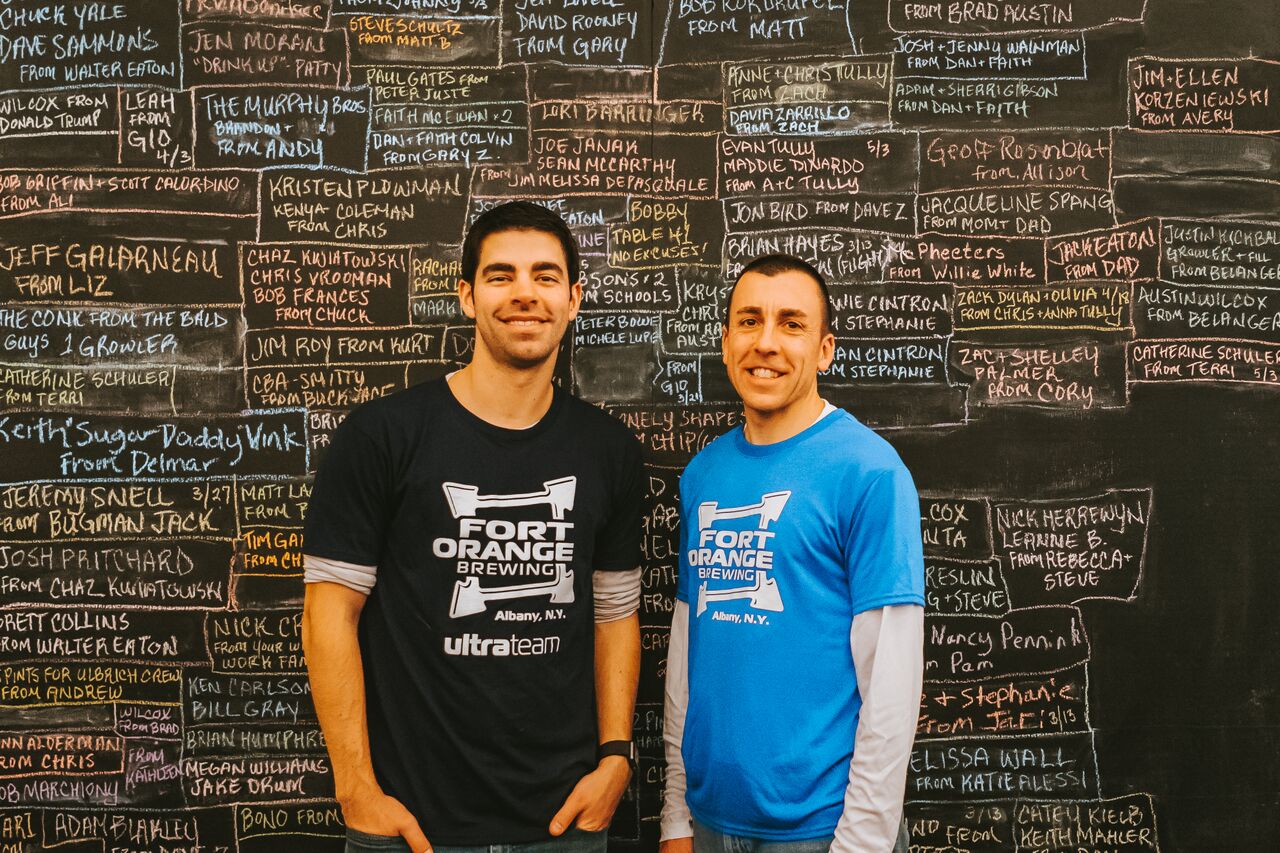
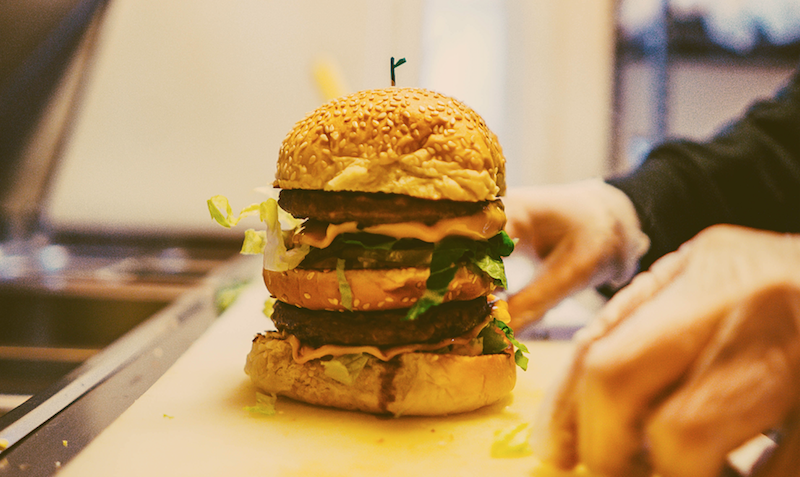
Trackbacks/Pingbacks